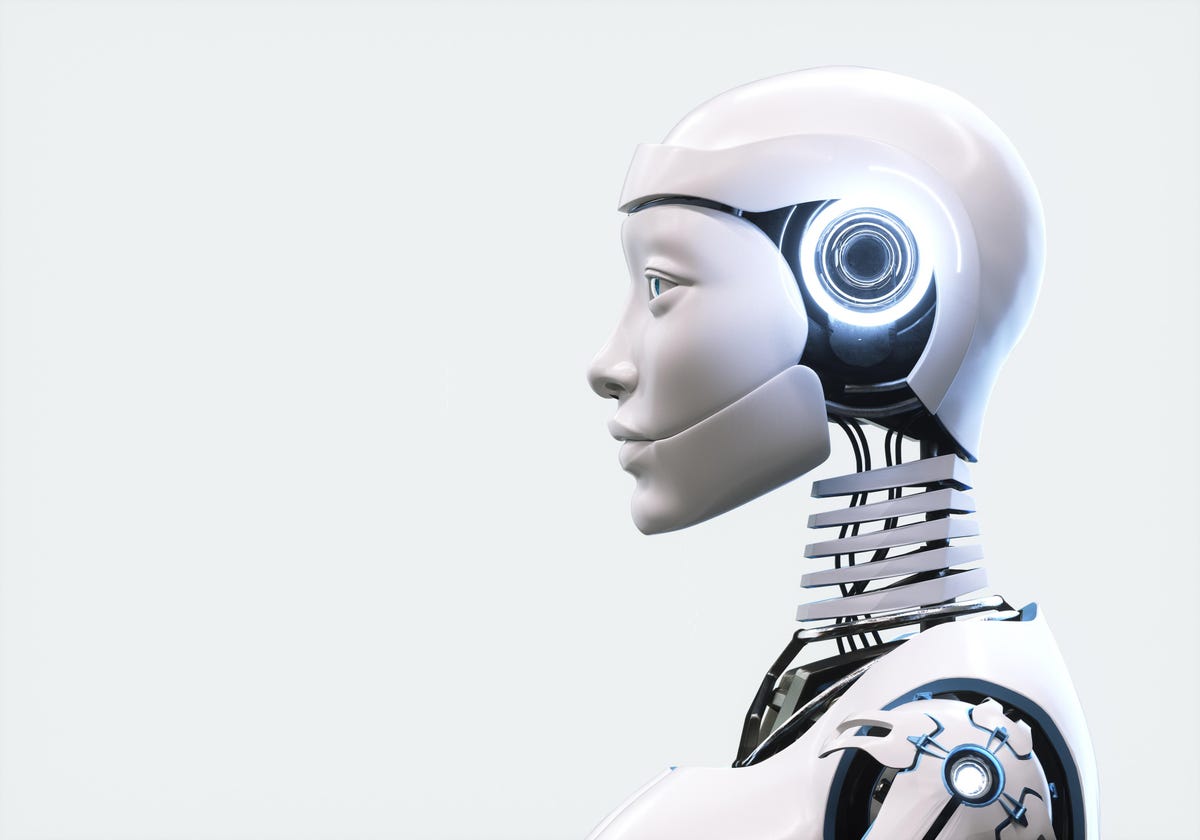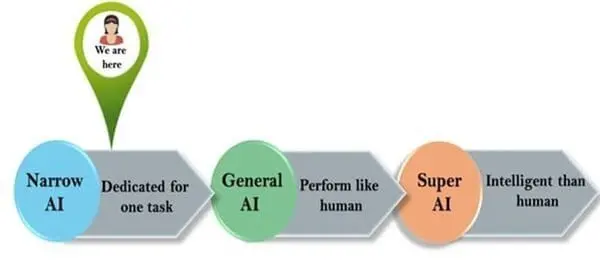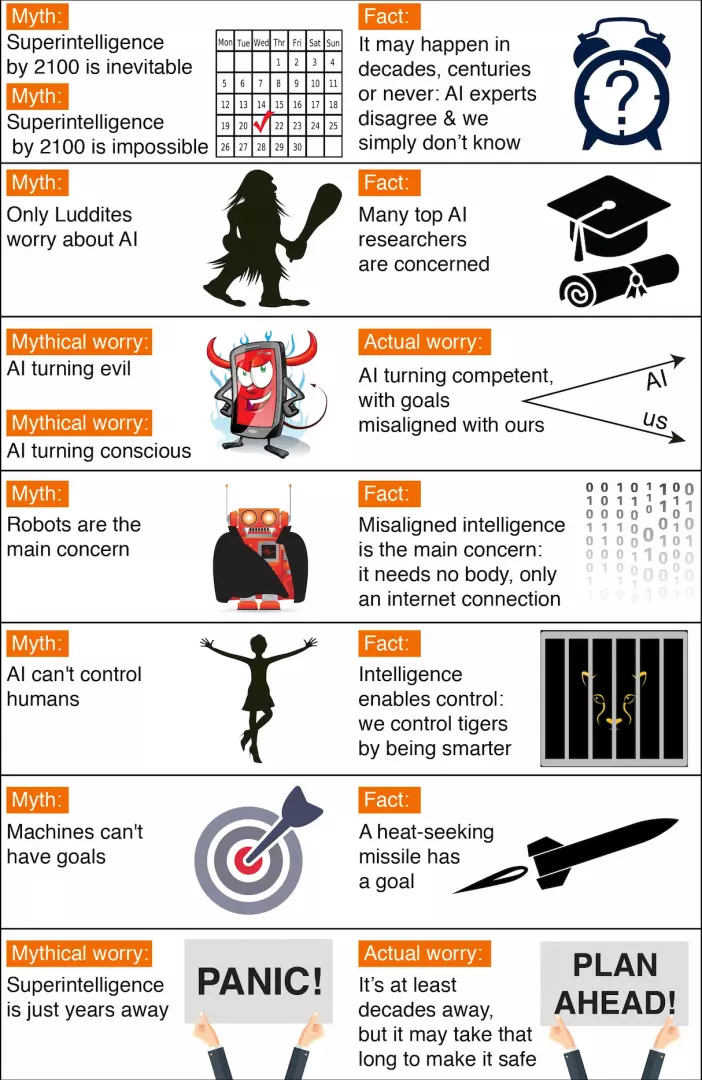Comments
- No comments found

Artificial intelligence (AI) is classified into three main types: Narrow AI, General AI, and Super AI.

Each type of AI has its unique characteristics, capabilities, and limitations. In this article, we will explain the differences between these three types of AI.
Narrow AI, also known as weak AI, refers to AI that is designed to perform a specific task or a limited range of tasks. It is the most common type of AI and is widely used in various applications such as facial recognition, speech recognition, image recognition, natural language processing, and recommendation systems.
Narrow ai works by using machine learning algorithms, which are trained on a large amount of data to identify patterns and make predictions. These algorithms are designed to perform specific tasks, such as identifying objects in images or translating languages. Narrow AI is not capable of generalizing beyond the tasks for which it is programmed, meaning that it cannot perform tasks that it has not been specifically trained to do.
One of the key advantages of Narrow AI is its ability to perform tasks faster and more accurately than humans. For example, facial recognition systems can scan thousands of faces in seconds and accurately identify individuals. Similarly, speech recognition systems can transcribe spoken words with high accuracy, making it easier for people to interact with computers.
However, Narrow AI has some limitations. It is not capable of reasoning or understanding the context of the tasks it performs. For example, a language translation system can translate words and phrases accurately, but it cannot understand the meaning behind the words or the cultural nuances that may affect the translation. Similarly, image recognition systems can identify objects in images, but they cannot understand the context of the images or the emotions conveyed by the people in the images.
General AI, also known as strong AI, refers to AI that is designed to perform any intellectual task that a human can do. It is a theoretical form of AI that is not yet possible to achieve. General AI would be able to reason, learn, and understand complex concepts, just like humans.
The goal of General AI is to create a machine that can think and learn in the same way that humans do. It would be capable of understanding language, solving problems, making decisions, and even exhibiting emotions. General AI would be able to perform any intellectual task that a human can do, including tasks that it has not been specifically trained to do.
One of the key advantages of General AI is that it would be able to perform any task that a human can do, including tasks that require creativity, empathy, and intuition. This would open up new possibilities for AI applications in fields such as healthcare, education, and the arts.
It's important to state that General AI raises some concerns. The development of General AI could have significant ethical implications, as it could potentially surpass human intelligence and become a threat to humanity. It could also lead to widespread unemployment, as machines would be able to perform tasks that were previously done by humans. Here are a few examples of General AI:
AlphaGo: A computer program developed by Google's DeepMind that is capable of playing the board game Go at a professional level.
Siri: An AI-powered personal assistant developed by Apple that can answer questions, make recommendations, and perform tasks such as setting reminders and sending messages.
ChatGPT: a natural language processing tool driven by AI technology that allows you to have human-like conversations and much more with a chatbot. The language model can answer questions, and assist you with tasks such as composing emails, essays, and code.
Super AI refers to AI that is capable of surpassing human intelligence in all areas. It is a hypothetical form of AI that is not yet possible to achieve. Super AI would be capable of solving complex problems that are beyond human capabilities and would be able to learn and adapt at a rate that far exceeds human intelligence.
The development of Super AI is the ultimate goal of AI research. It would have the ability to perform any task that a human can do, and more. It could potentially solve some of the world's most pressing problems, such as climate change, disease, and poverty.
Possible examples from movies: Skynet (Terminator), Viki (iRobot), Jarvis (Ironman).

The development of General AI and Super AI poses significant challenges and ethical implications for society. Some of these challenges and implications are discussed below:
Control and Safety: General AI and Super AI have the potential to become more intelligent than humans, and their actions could be difficult to predict or control. It is essential to ensure that these machines are safe and do not pose a threat to humans. There is a risk that these machines could malfunction or be hacked, leading to catastrophic consequences.
Bias and Discrimination: AI systems are only as good as the data they are trained on. If the data is biased, the AI system will be biased as well. This could lead to discrimination against certain groups of people, such as women or minorities. There is a need to ensure that AI systems are trained on unbiased and diverse data.
Unemployment: General AI and Super AI have the potential to replace humans in many jobs, leading to widespread unemployment. It is essential to ensure that new job opportunities are created to offset the job losses caused by these machines.
Ethical Decision-making: AI systems are not capable of ethical decision-making. There is a need to ensure that these machines are programmed to make ethical decisions, and that they are held accountable for their actions.
Privacy: AI systems require vast amounts of data to function effectively. This data may include personal information, such as health records and financial data. There is a need to ensure that this data is protected and that the privacy of individuals is respected.
Singularity: Some experts have raised concerns that General AI or Super AI could become so intelligent that they surpass human intelligence, leading to a singularity event. This could result in machines taking over the world and creating a dystopian future.
Narrow AI, General AI, and Super AI are three different types of AI with unique characteristics, capabilities, and limitations. While Narrow AI is already in use in various applications, General AI and Super AI are still theoretical and pose significant challenges and ethical implications. It is essential to ensure that AI systems are developed ethically and that they are designed to benefit society as a whole
Ahmed Banafa is an expert in new tech with appearances on ABC, NBC , CBS, FOX TV and radio stations. He served as a professor, academic advisor and coordinator at well-known American universities and colleges. His researches are featured on Forbes, MIT Technology Review, ComputerWorld and Techonomy. He published over 100 articles about the internet of things, blockchain, artificial intelligence, cloud computing and big data. His research papers are used in many patents, numerous thesis and conferences. He is also a guest speaker at international technology conferences. He is the recipient of several awards, including Distinguished Tenured Staff Award, Instructor of the year and Certificate of Honor from the City and County of San Francisco. Ahmed studied cyber security at Harvard University. He is the author of the book: Secure and Smart Internet of Things Using Blockchain and AI.
Leave your comments
Post comment as a guest